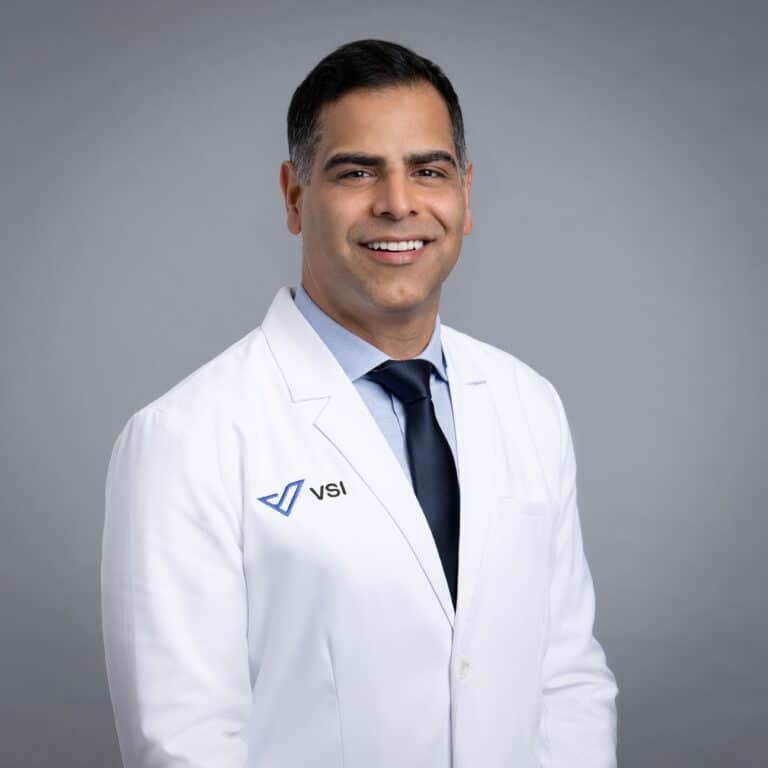A Doctor’s Weight Loss Success Story and How It Can Help You
People have all sorts of reasons they’re looking to drop a few pounds — to feel better, have more energy, more confidence — and often to reduce pain, inflammation and injury. Data shows that about half of adults in the US (49.1%) are trying to lose weight in any given year and anybody who has tried it knows — it is not easy. But it’s also not impossible. I know because I’ve just lost 30 pounds in the last few months.
There are more options than ever out there to help you lose weight — from cutting calories to intermittent fasting, increasing exercise, weight loss medications and more. Here’s what worked for me and what I learned in the process — in case it helps you in your weight loss journey.
Make changes you can actually stick with
When I decided to lose weight, cutting carbs was one of my strategies. But I’m Persian and rice is a big part of our meals. It used to be, when I went to my Mom’s for dinner, plates were filled with ⅔ rice and ⅓ a stew or kabob. Now it’s flipped. I’m leaning hard into protein and vegetables at my meals so my plate is often ⅓ rice and ⅔ protein and vegetables. I’m not super strict about counting calories or anything and I didn’t cut rice out completely either. But watching my portions and reducing carbs are small changes that I can not only make — but keep long term.
Same goes with intermittent fasting for me. There are lots of different ways to officially do it. I did what works for me. I stop eating around 8 at night and I just have coffee in the morning and forgo breakfast. The first big meal I eat everyday now is lunch. These are significant changes from how I was eating a year ago and many months later — I’m still sticking with them. That’s probably the most important part of it all.
Gather data — it’s great motivation for change
I had some weight to lose, but I was an active guy. I love to hike and ski and do yoga and I was still doing those things, on top of a rigorous surgical schedule. But when I went for my physical, I couldn’t argue with the data. It wasn’t just the number on the scale that I wanted to change. My cholesterol levels were too high and my inflammatory markers were too. My grandpa on my Dad’s side passed away in his 50s from a heart attack and increased cholesterol runs in my family so once I saw those elevated numbers — I was committed to changing them.
I’m a real data driven person but I find that seeing numbers reflecting the health impact of your weight is a strong motivator for a lot of my patients to make a fundamental change. That may be lab work. In the world of spine care, that could also be MRIs and other diagnostics that show us the impact weight is having on pain, your joints, your spine, inflammation, energy levels and more.
Now, I do want to add that losing weight can help with a variety of health measurements but it might not be all you need. In my case, I started a statin too and I’m happy to report that combining that with my weight loss and healthier eating habits has brought both my cholesterol and inflammatory markers back into the normal range.
Don’t be afraid to talk about it

I find that many of my patients have trouble talking about their weight. Look — I get it. I felt the same way 15 ago. I remember after medical school my parents brought up my weight and I took offense, even though I did need to lose some then. With time, age and the perspective of being a doctor and talking about this a lot with my patients — I now understand how important it is to talk about how much you want to lose, why and how you’re going to do it.
I’ve also seen the consequences of what extra weight does to people — their confidence, their health, their spine, their activity level and more. Not being able to talk about the tremendous negative impacts of these things and shouldering all of that alone makes it even harder to figure out how to address these issues. So now I work hard to find ways to have these conversations with patients. We have to figure out their goal — what they want to get back to doing — and map out the plan from there.
I did the same thing when I wanted to lose weight. I talked with a colleague to learn more about intermittent fasting. My OR team and I launched a challenge to see who could lose the largest percentage of our body weight (because we all wanted to make a change) and realized that talking about it equated to cheering each other on and supporting each other. I talked with my Mom and explained I’d be eating her home cooked meals with a little less rice. Everyone was so supportive and it helped a lot.
Now that I’m on the other side of 30 pounds, my final piece of advice is this. Find what works for you and don’t give up. It’s so worth it. I feel tremendous now. I’m more alert. I’m happier. I have more energy. I’m doing more of the things I want to do — and I want that for you too.
Topics covered
About the Author
Featured Resources
Insights to Achieve a Pain-Free Life


